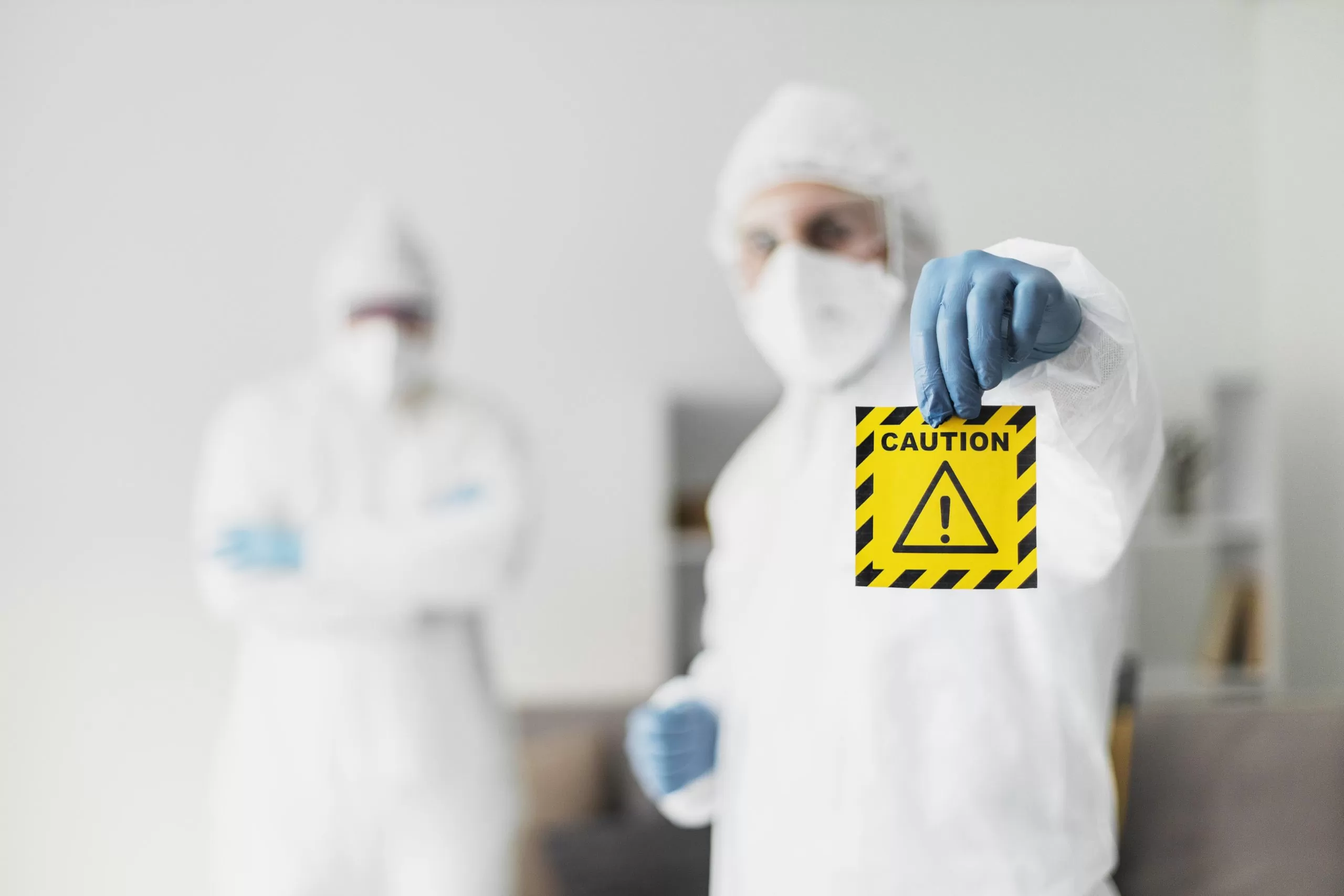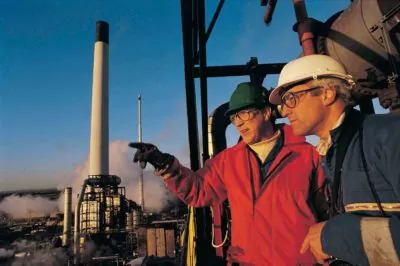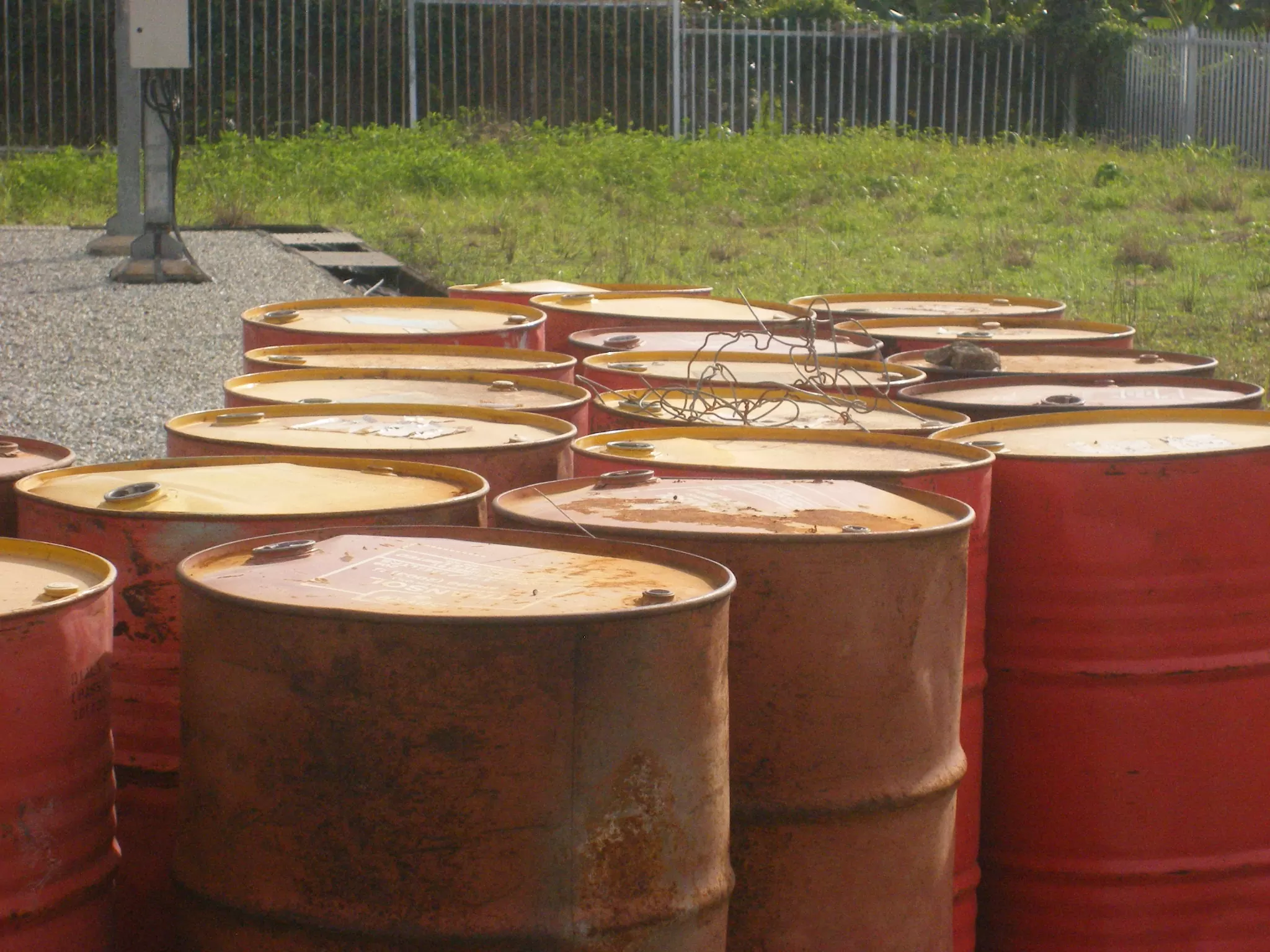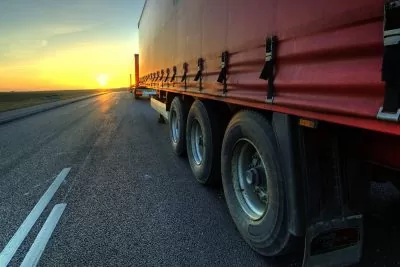Hazardous waste poses a significant threat to the environment and human health. Improper disposal of these waste materials can lead to contamination of soil, water, and air, resulting in severe consequences. In this article, we will explore the common types of hazardous waste and provide insights into safe disposal methods to protect our planet and its inhabitants.
Introduction to Hazardous Waste
Hazardous waste refers to any material that possesses properties harmful to human health or the environment. Such waste can be in various forms, including solid, liquid, or gaseous. Common hazardous waste sources include industrial processes, commercial establishments, households, and medical facilities. To ensure safe handling and disposal, it is crucial to categorise hazardous waste correctly.
9 Types of Hazardous Waste
1. Aviation Fuel Removal
Aviation fuel is a hazardous substance commonly used in aircraft. When it becomes outdated or contaminated, it poses a severe risk to the environment. To dispose of aviation fuel safely, specialised waste management companies use proper storage and treatment facilities.
2. Food & Beverage By-Product
The food and beverage industry generates substantial by-products that may contain harmful chemicals and organic compounds. Safe disposal methods include recycling, composting, or utilising waste-to-energy technologies.
3. Hazardous Waste Management
Hazardous waste management services encompass the collection, transportation, treatment, and disposal of various hazardous materials. Trained professionals handle these materials to ensure they do not harm the environment or public health.
4. Waste Water Management
Wastewater from industrial processes and households can contain toxic substances. Advanced treatment processes, such as biological treatment and chemical precipitation, are used to make the water safe before discharge.
5. PCB Management
Polychlorinated Biphenyls (PCBs) are toxic industrial chemicals used in electrical equipment. Improper handling of PCB-containing materials can lead to severe health issues. PCB management involves safe disposal and recycling practices.
6. Oil Recovery
Oil spills and waste oil from industries are hazardous to the environment. Oil recovery services employ techniques like skimming and sorbents to remove oil from water surfaces.
7. Flammable Liquid Recovery
Flammable liquids, such as petrol and solvents, pose fire and explosion risks. Proper recovery methods, including vapour recovery and recycling, prevent accidents and environmental damage.
8. Transformers & Switchgear
Electrical transformers and switchgear may contain hazardous substances like PCBs and mercury. Specialised recycling and disposal facilities are essential to handle these items safely.
9. Solutions for Industry
Various industries require customised hazardous waste management solutions. Expert providers offer tailored services to meet specific industry needs.
How to Dispose of Hazardous Waste Safely
- Identification: Accurate identification of hazardous waste is the first step in its safe disposal. Classify the waste according to regulatory guidelines.
- Segregation: Segregate different types of hazardous waste to prevent cross-contamination.
- Storage: Store hazardous waste in designated containers and secure storage facilities to minimise leakage or spills.
- Transportation: Transport hazardous waste using authorised carriers equipped to handle such materials safely.
- Treatment: Choose appropriate treatment methods like incineration, chemical treatment, or physical processes to reduce the waste’s hazardous properties.
- Recycling: Whenever possible, opt for recycling hazardous materials to minimise the environmental impact.
- Disposal: Dispose of the treated waste in approved landfills or incineration facilities, adhering to all regulatory guidelines.
- Monitoring and Reporting: Regularly monitor waste management processes and maintain detailed records for compliance reporting.
Proper management and disposal of hazardous waste are crucial for environmental protection and public health. By following the guidelines and utilising Benzoil’s specialised hazardous waste services, we guarantee the safe handling and treatment of hazardous waste materials. Take a proactive step towards a cleaner and safer environment by partnering with Benzoil today. Learn more about our hazardous waste services and join us in safeguarding our planet.





